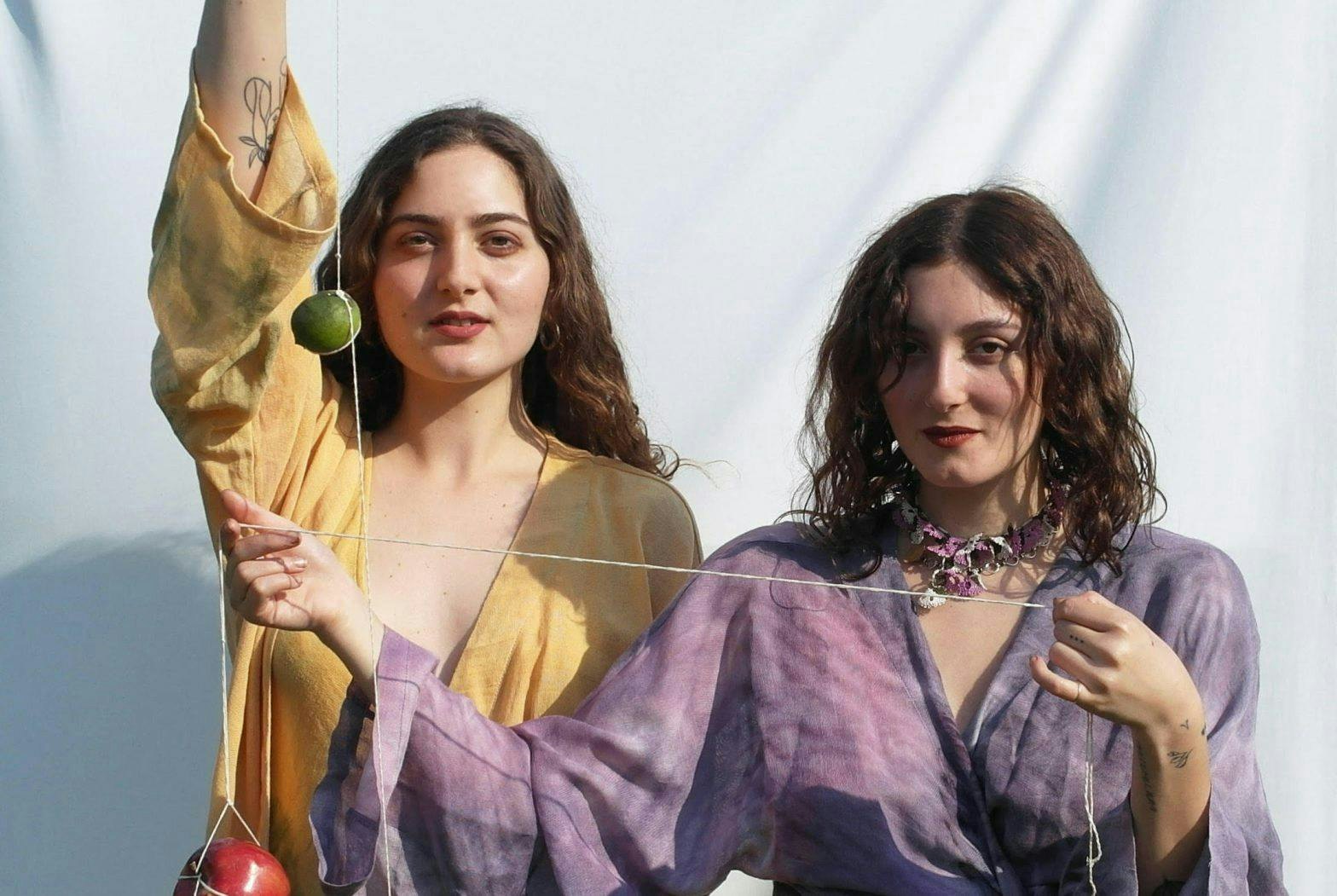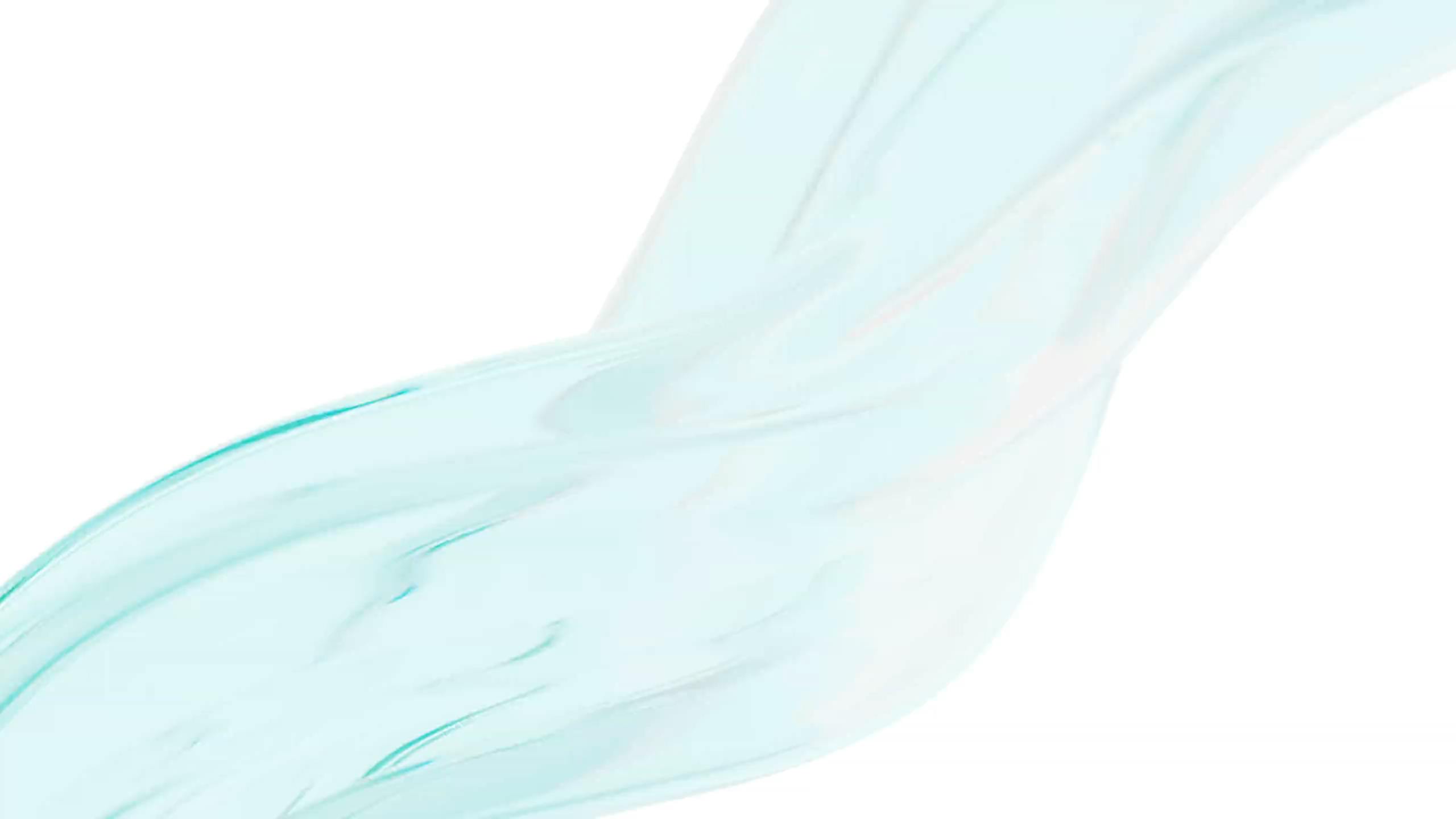
Inclusivity and Multifunctionality: Meet Tenera
Interview with Ela Mete and Defne Özdoğan, Co-founders of ‘Atelier Tenera‘.
Ela and Defne are both students of the world-renowned arts and design college, Central Saint Martins. They co-founded ‘Tenera’ in 2019, a versatile arts and crafts project on textile design based in Istanbul, Turkey.
Defne is studying toward a BA in Architecture, while Ela’s course is focused on textile design. ‘Tenera’ identifies itself as a printwear brand that is kind and ethical in the way it is produced and consumed with a focus on multipurpose use.
‘Tenera’ means tender, sensitive and kind in Latin, ‘that is what we want our printwear brand to stand for- kind and ethical to humans and nature’.
Upon asking Ela and Defne what led the conception of Tenera, they “We love printwear; however, it was hard for us to reach affordable printwear brands as usually when fabrics are natural and there is a design element, the prices are very high.” Therefore, Ela and Defne wanted to create an easily reachable, friendly, affordable and original brand with Tenera.
“You can reach fast fashion brands so easily but when you want to dress more consciously, it is often harder to find and more expensive.”
The co-founders’ aim to make consumers aware that slow fashion does not need to be expensive and in fact, slow fashion is ‘traditional’ in Turkey as all local artisans historically have used natural fibres and fabrics to carefully utilise their unique techniques of weaving and stitching. However, due to the pace of the industry and demand for synthetics from large multinationals, these talented and highly skilled artisans are struggling to pass on their skills, leading to the extinction of culturally precious techniques.
The main problem with the fashion industry in Turkey is that the textile industry makes most of its profit through exports to Europe and America. These exports are dictated by the large fast fashion brands that demand cheap synthetic fabrics, forcing the industry to comply. This unfortunately means that the economic benefit comes from unsustainable fabrics.
However, Ela and Defne highlight how the pandemic triggered a shift in people’s behaviour. Due to travel restrictions and a pause on brand imports, the Turkish population started paying more attention to local brands as opposed to European fast fashion and realising that it makes more sense to support these slower fashion brands. Covid-19 also caused a mass reverse migration where much of the population who had migrated, have returned home, causing the local art and design culture, and sustainability discourse to boom, showing potential for future growth in conscious consumption.
Ela powerfully states that ‘every decision we make is what makes us ethical’, Tenera as a brand aims to source, produce and sell locally in Istanbul and neighbouring towns, in order to support local producers and give local people more slow fashion brand options to consume more mindfully. Defne highlights how being “regenerative” is more important than being “green”. Regenerating something that has been discarded or underutilized is more powerful than being “green” which has become overrated and difficult to define. Interestingly, they point out that using materials and processes with unnatural chemicals is actually “more effort” than using the natural sources that are already present and available.
Ela conveys that “there are no rules at Tenera” and they often use whichever materials are available to them, from waste fabrics from larger fast fashion brands to pieces of fallen wood through which they design prints. Their technique is also very open and is based on the japanese “Shibori” folding method. Shibori is a manual resist dyeing technique that provides endless opportunities for different patterns on fabric. Tenera also pride themselves on not using any heavy machinery and rely upon nature, like wind to dry their printed textiles. They also use only natural pigments to dye their fabrics as these are kinder to the environment. Ela mentions how it was surprising to her that dyeing with natural pigments and dyes was not a skill taught at university and instead it was chemical heavy processes.
One of their most recent collections went a step further and was dedicated to an NGO to end violence toward women, where all profits from Tenera sales were donated to their chosen charity. Both founders stated that now they have more of an opportunity to raise awareness through their brand, they want to be more involved in causes they care about.
“All of our collections are based on stories, inspired by our travels and multicultural experiences. We are able to share these different narratives for each of our collections through the use of various techniques.”
Ela and Defne give an example of their last collection, “Unspoken Tales of Moroccan Women”, which is inspired by their visit to Morocco where they were told that every item of craft or piece of art they came across was done by mysterious women who lived in the mountains or the sahara desert. The crafts were bought by a middle man and sold in larger towns and cities yet an air of mystery surrounded the pieces. This symbolism largely shaped the collection and it serves as a tribute to these talented, unseen artists. Their photographs, drawings and paintings largely inspire the textile prints
What further differentiates Tenera is that most of the garments designed are multifunctional and size inclusive for different body shapes; “Tenera has no specific target audience, we aim at being as inclusive as possible.” Multifunctional clothing also is more conscious as the same item can be worn many times in multiple ways for different occasions.
Ela and Defne aim to build a relationship with their community, showing them how to wear the multipurpose clothing in different ways. “We love to get to know customers, meet them, explain our story and get feedback.” Over the summer, the co-founders were the sellers themselves in Bodrum, a coastal town and were able to demonstrate the various ways to wear their collection. “Many people do not realise how easy it is to wear the same item of clothing differently”
Ela and Defne’s tip to consumers: Wear one item of clothing in different ways – for example, you can wear your favourite jumpers as a skirt by taking the arms and tying it around the front. Look into your wardrobe or a friend’s wardrobe instead of turning to fast fashion!

